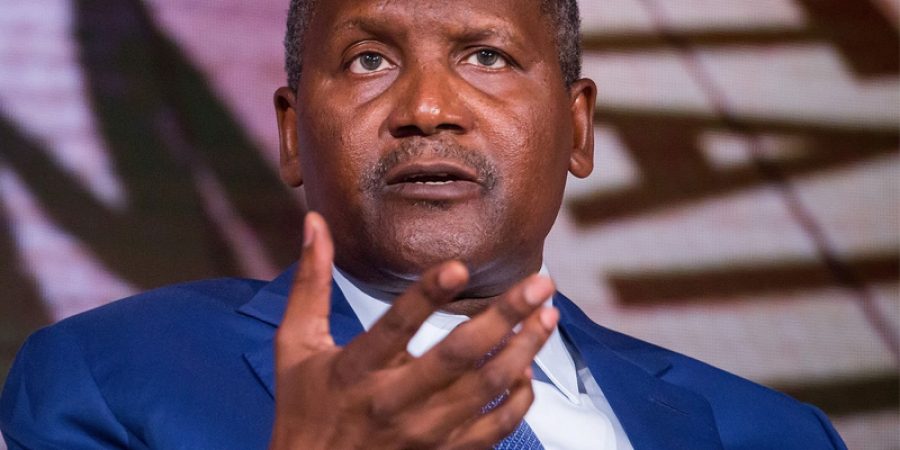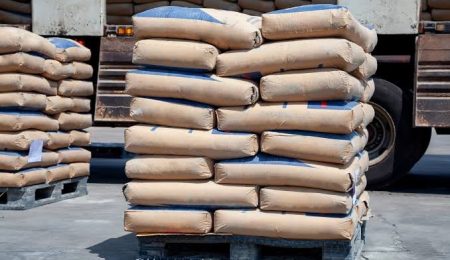President/Chief Executive of Dangote Industries Limited, Aliko Dangote, has called for urgent prioritisation of food security and self-sufficiency across Africa, stressing that agriculture holds the key to sustainable development on the continent.
Speaking in Lagos during a courtesy visit by the AfricaRice Centre, a pan-African Centre of Excellence for rice research, Dangote said Africa’s vast arable land and youthful population position it to feed itself and even become a global agricultural powerhouse if the right policies, investments, and technologies are adopted.
“Africa is richly endowed with arable land. With the right policies, adequate investment, and the adoption of modern technology, farmers can significantly increase their yields and return on investment,” Dangote said in a statement issued by the Dangote Group.
He emphasised that strengthening agriculture would help address many of the continent’s socio-economic challenges, describing it as both a source of employment and an engine for industrial growth.
“With effective policy frameworks and technological advancement, Africa can achieve food security and become self-sufficient. Investing in agriculture will also unlock growth across various sectors of the economy,” he added.
The AfricaRice delegation commended Dangote’s renewed focus on agriculture, particularly the recent N1.8 trillion purchase and sale agreement signed between Dangote Rice Limited and Niger Foods Security Systems and Logistics Company Limited, owned by the Niger State Government.
The agreement guarantees a steady supply of high-quality paddy rice to Dangote Rice in support of Nigeria’s food security agenda. Dangote Rice has invested heavily in rice mills, plantations, and out-grower schemes, aimed at creating jobs and boosting self-sufficiency nationwide.
Director General of AfricaRice, Dr. Baboucarr Manneh, hailed the Niger State partnership as transformative, noting the state’s target of producing five million tonnes of rice in the next five years could significantly reduce Africa’s dependence on imports.
“Africa imports around 15 million tonnes of rice annually. If Niger State achieves this target, it will have a huge impact on rice self-sufficiency and food security in Africa,” Manneh said.
He underscored the role of public-private partnerships in strengthening food systems, combining government leadership with private sector investment and scientific innovation. “This partnership can serve as a blueprint for other states and countries across the continent,” he added.
Executive Chairman of Niger Foods, Sammy Adigun, disclosed that AfricaRice will support the state to raise production from 1.5 million tonnes to 10 million tonnes annually through climate-smart technologies, mechanisation, and integration of large-scale and smallholder farms.
Peter Uzoho
Follow us on:



